Public, social and community organizations are, in many locales, driving systems change toward social and...


Public, social and community organizations are, in many locales, driving systems change toward social and...

This case study examines the use of iterative prototyping to raise concerns important to adolescents and...
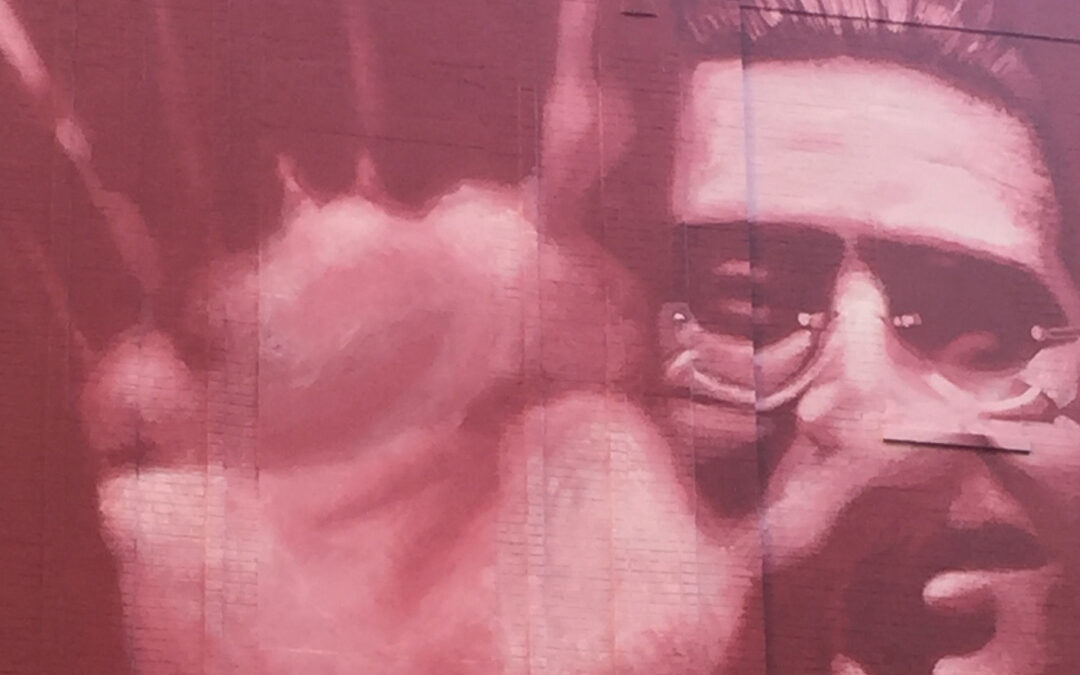
Article 4 in the series Data, Design and Civics: Ethnographic Perspectives On April 1, Secretary of Defense Ashton Carter announced a $317 million federally funded initiative in textile innovation and manufacturing—a national consortium of public and private organizations to be led by MIT. It’s...

Tonika Johnson is a photographer, social justice artist and life-long resident of Chicago’s South Side Englewood...
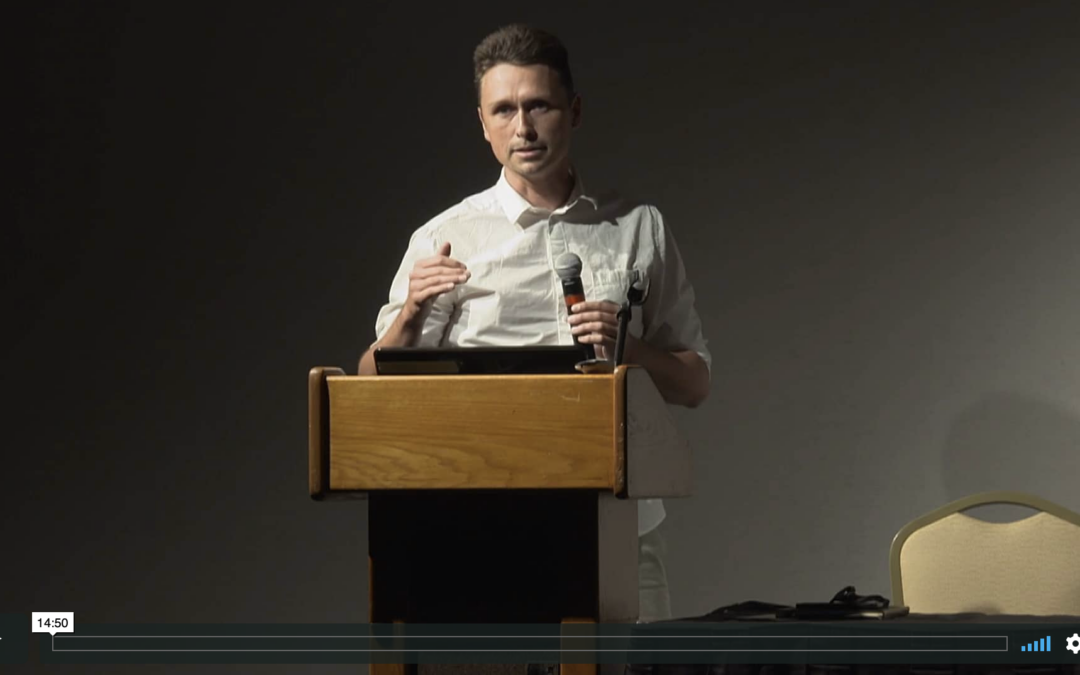
Case Study—In 2016 The Chicago Community Trust (“The Trust”), a local Chicago foundation, partnered with Roller Strategies (“Roller”), an international professional services firm, to deploy an innovative mixed-methods approach to community-driven social change on the South Side of Chicago. This...
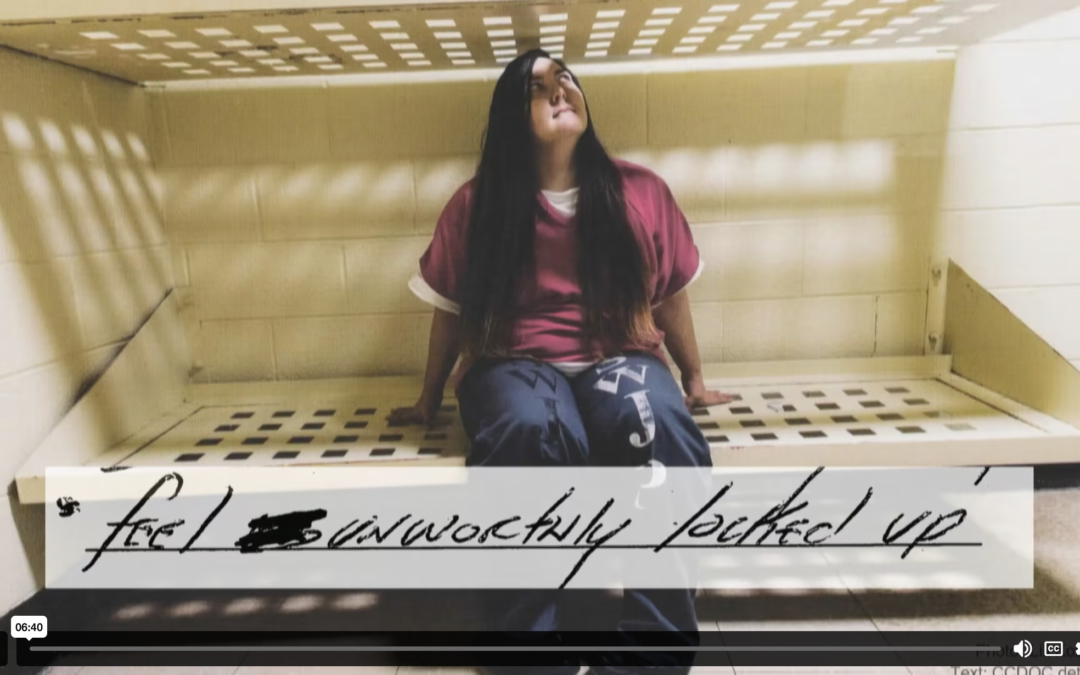
Through Designing Your Future workshops at Cook County Jail in Chicago as part of WIND (Women Initiating New Directions) programming, we have had the chance to connect with incarcerated women awaiting trial....

Renewing Henri Lefebvre’s unfinished and overlooked science of ‘rhythmanalysis,’ I propose physical space becomes meaningful to us to the extent that it provides refuge from the ravages of time—specifically, the intersecting rhythms of everyday life. In other words, we develop affinity with space...
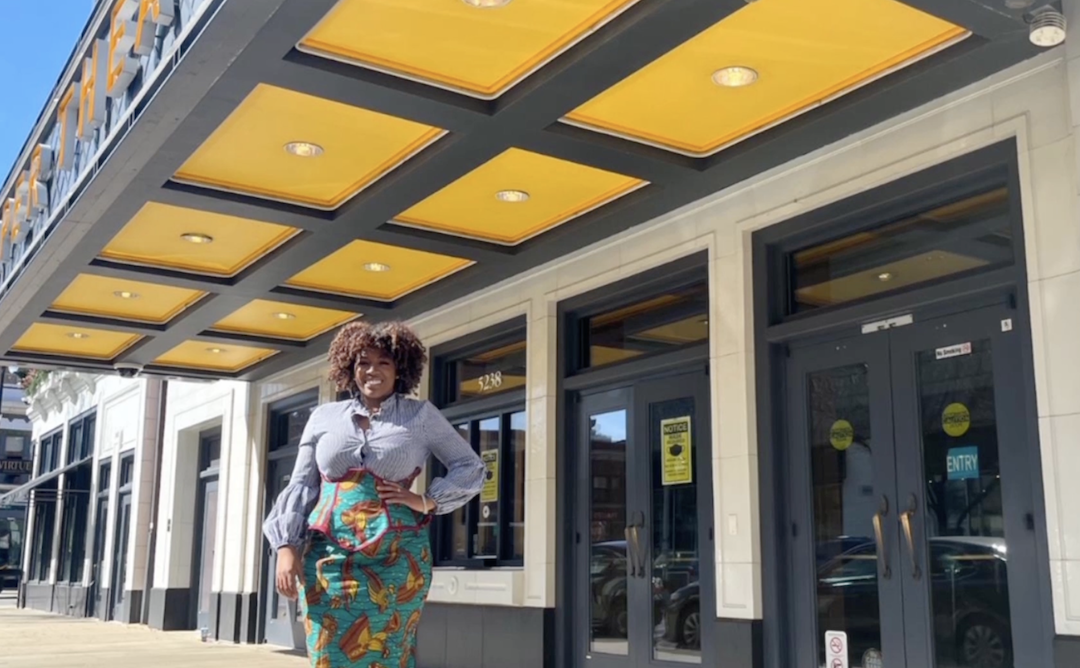
https://vimeo.com/803229626 "Friction can be either good, bad, or something in between. But it will always be the start of change." The South Side of Chicago—site of EPIC2023 and the neighborhood where Tayler Ulmer grew up—was birthed from friction. In this Lightning Talk, Tayler explores how...
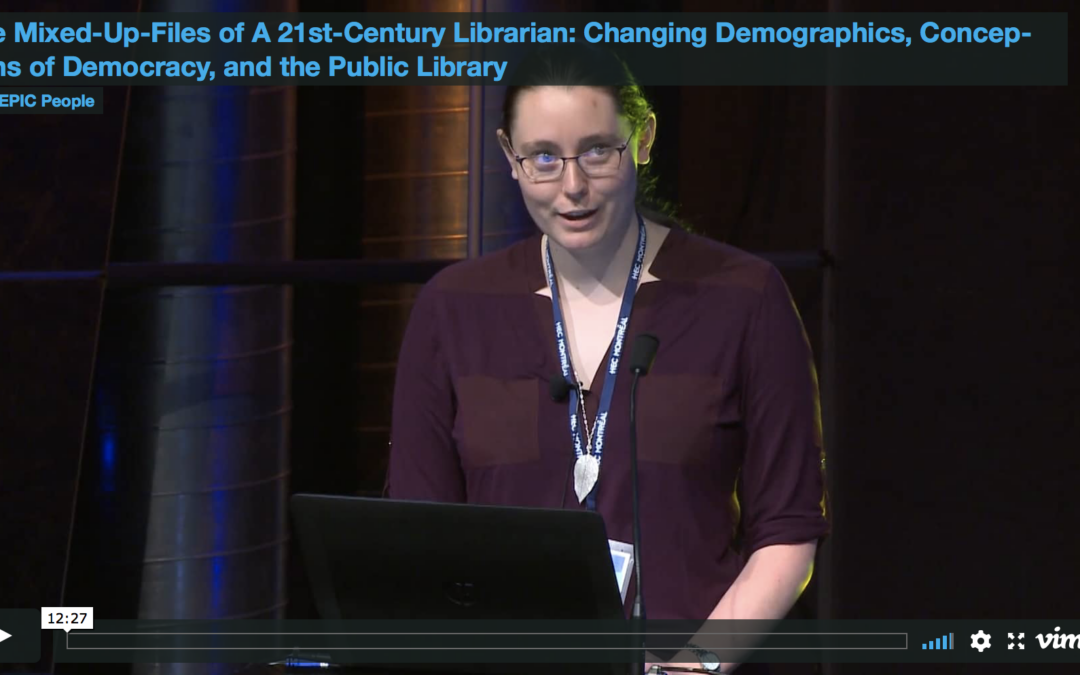
With the rise of the internet, the role of the public library as a distributor of education, skills, and cultural capital has come under question while continuing to grow increasingly vital. This paper examines how libraries are dealing with changing technology while negotiating their relationship...